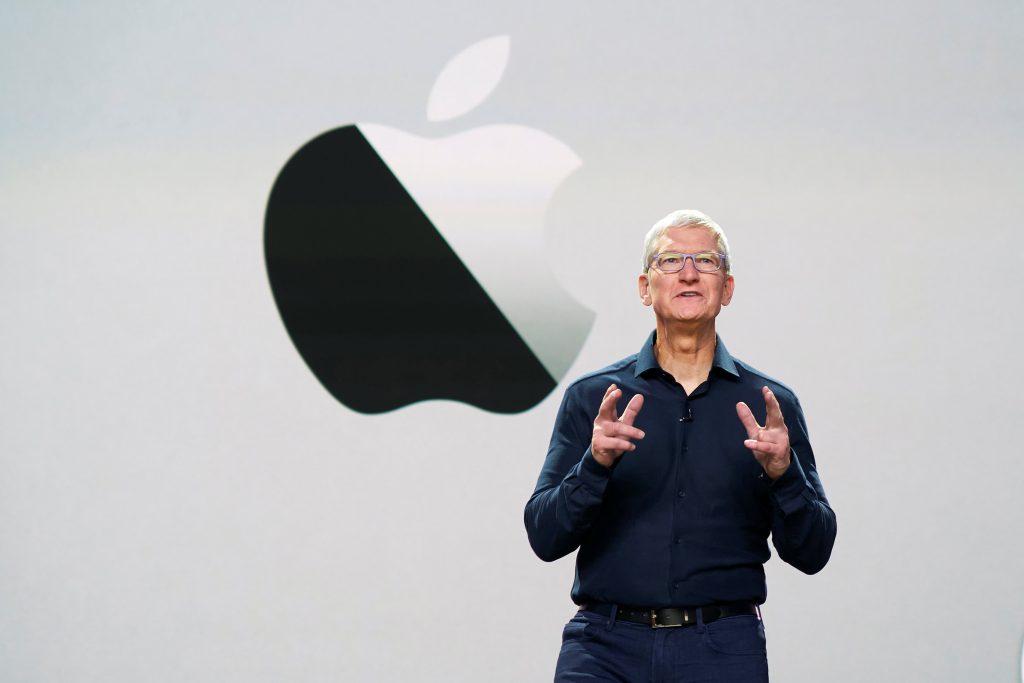
A cryptocurrency is a digital or virtual currency that is secured by cryptography, which makes it nearly impossible to counterfeit or double-spend. Cryptocurrencies are generally decentralized networks based on blockchain technology, which is a distributed ledger enforced by a disparate network of computers. The key defining feature of cryptocurrencies is that they are generally not issued by any central authority, theoretically rendering them immune to manipulation or interference from any ruling government body.
Accordingly, cryptocurrencies and their underlying technologies offer a number of distinct benefits over existing technologies. With speculation in cryptocurrencies at all-time highs, patent applications for blockchain and various crypto-related technologies have been filed by a number of major companies such as Microsoft, International Business Machine (IBM), Mastercard, Security First Corp., Medici Inc., and Bank of America. Additionally, cryptocurrency exchanges such as Coinbase are putting in the effort to stand out with their patents.
Boom in Patent-Related Interest
In recent years, there has been a significant rise in crypto-related patents, growing by 16 percent to a total of 602 patent applications in 2017, while blockchain-specific patent application numbers increased by 300 percent.
Innovations in the world of cryptocurrencies and blockchain focus on evolving original methodologies into simpler processes. This is where cryptocurrency overlaps with innovation is where patents play a central role.
Although many patents still await examination, patents that have been granted thus far cover a variety of cryptocurrency-related technologies. By way of example, Coinbase has been granted a handful of patents in recent years directed towards implementing cryptocurrency transactions at a point-of-sale using a mobile device, security systems for cryptographic transactions, blockchain identity management systems, a tip button for bitcoin transactions, and techniques for analysing transactions in a distributed ledger. Other notable patents obtained by companies such as Goldman Sachs and Bank of America include patents for “a platform to manage exchange rates between various currencies, transfer requests, and customer accounts.” Refer here for the patentability criteria.

Apple, one of the powerhouses in the smartphone industry, has also joined in on the hunt for crypto-related patents by filing numerous patent applications, including one oriented towards a process for verifying the reporting, maintenance, and validation of timestamp using blockchain and distributed ledger technologies.

Significance from Increased Interest
The increase in recent patent filings and allowances in cryptocurrency and blockchain-related patents have not only helped increase public awareness and interest in the industry but also legitimize the underlying technologies that make cryptocurrencies to what it is today.
The potential drawback that comes with increased patent application filings is that companies file patent applications to legally reserve spots within the technology before any development has been done. This strategy is often used by big players having expendable resources to prevent others from participating in and advancing the technology, sometimes threatening competitors with litigation, potentially reducing the number of businesses who are genuinely interested in protecting their technologies from being able to do so.
However, litigation is very quiet at the moment. Most cryptocurrency and blockchain-related patents have been issued only recently, so there hasn’t been a lot of time or opportunities for infringement issues to arise.
Nevertheless, consideration for future litigation is that detecting and proving infringement can be a challenge due to the distributed nature of cryptocurrency systems. Unlike conventional technologies, most blockchain and cryptocurrency solutions are rather nuanced and live so deep in the system that it can be difficult to detect what other users are doing with them and whether infringement has occurred just by looking at the end result. Often enough, there’s no outward manifestation that would raise a suspicion of infringement. While there may not be much litigation activity occurring now, it’s more than likely that we will see an uptick in the foreseeable future as bigger players start buying into these technologies.
The Future of Cryptocurrency & Blockchain-related Patents
It is hard to say where this industry may be heading towards. The mainstream acceptance is that cryptocurrency will continue to grow, due to improvements to the user-friendliness and security of cryptocurrency trading platforms, part in parcel with the grants in patent applications for these features.
The race for patent protection in this industry remains an interesting ongoing story and serves as evidence that many in the industry have faith in its growth and longevity. We’ll most likely see cryptocurrency companies pursue narrower, more specific applications of the technology, rather than large-scale shifts, so attorneys are going to be drafting claims that go after relatively small and highly focused changes.
Given the names of the big players who have secured block-chain related patents, along with the volatility of the entire cryptocurrency industry, one has to ask the question: does the future of cryptocurrency look bright because these big companies have invested in patent protection? Contrarily, does the fact that only big companies have secured patents, only due to the fact that they have the resources to do so, show signs that they have obtained patents just in case cryptocurrencies become more valuable, acknowledging that it may very well fall short of expectations? We may not know for now, but we will definitely piece the puzzle together in the years to come.
Contact Us to know more about the procedure and requirements for patents protection. Free Consultation Available.
Source:
https://www.mbhb.com/intelligence/snippets/the-patent-landscape-of-cryptocurrency-and-blockchain
https://clarivate.com/blog/overview-blockchain-patent-landscape/
https://ccbjournal.com/articles/patent-protection-for-cryptocurrencies-and-blockchain-technology
